May 30, 2025 | 11:14 GMT +7
May 30, 2025 | 11:14 GMT +7
Hotline: 0913.378.918
May 30, 2025 | 11:14 GMT +7
Hotline: 0913.378.918
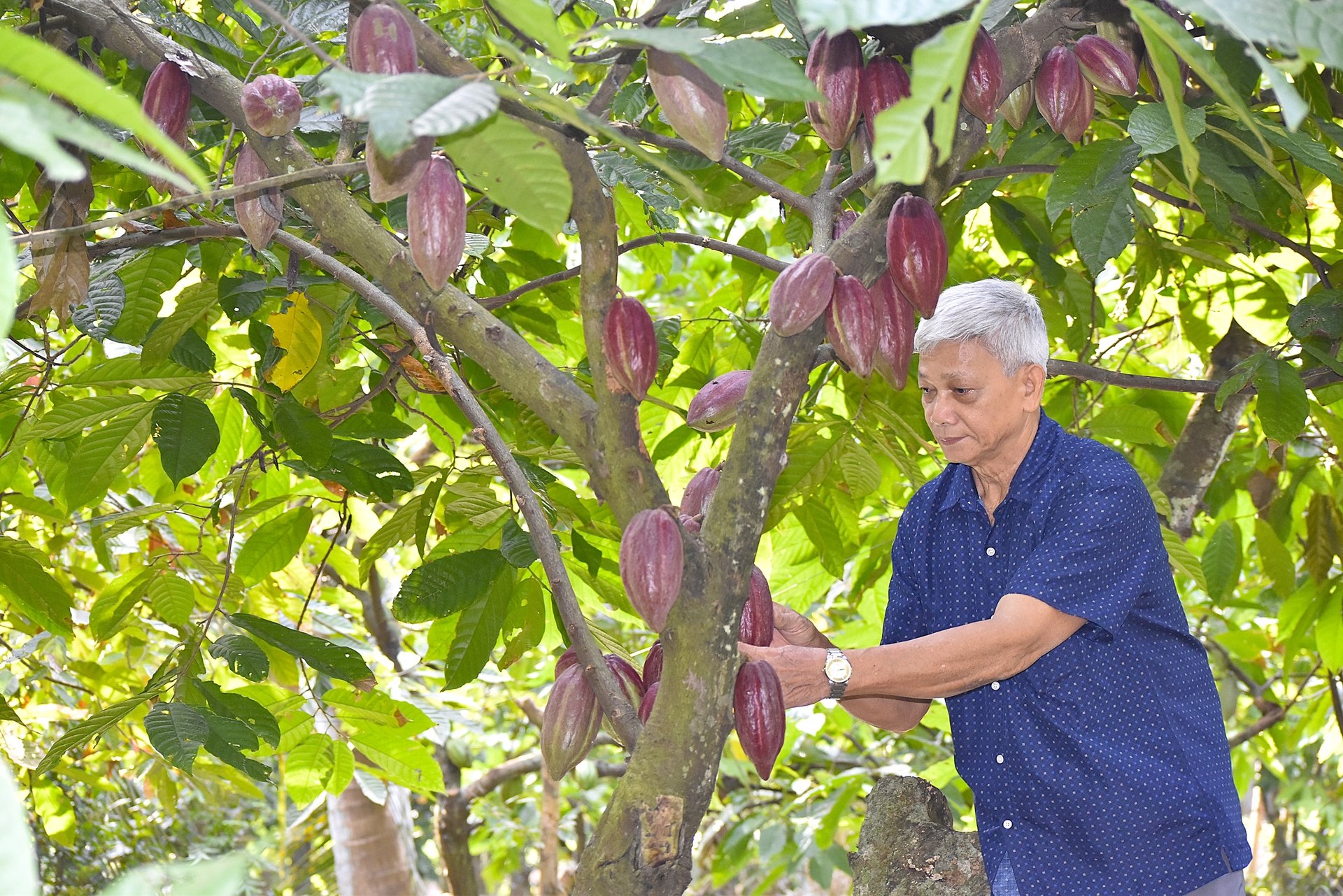
Mr. Vo Van Nhan is inspecting cacao pods in his garden. Photo: Minh Dam.
Due to climate change, cacao production globally and in Vietnam has decreased significantly, resulting in a noticeable shortage in supply. Since the fourth quarter of 2024, the price of cacao pods has surged, tripling compared to prices in 2023. The cost has risen from 5,500 VND per kilogram to 17,000 VND per kilogram.
These soaring prices have brought a wave of optimism among cacao farmers. Mr. Vo Van Nhan, who lives in Tan Hoa Hamlet, Xuan Dong Commune, Cho Gao District, Tien Giang Province. He owns a hectare of garden land where he grows 160 coconut trees and 450 cacao trees.
Every month, Mr. Nhan harvests around 1,200 coconuts, generating a stable income of 15 to 20 million VND. He harvests ripe cacao pods daily and sells them to local traders on weekends. Thanks to the current high prices, he earns about 5 million VND per week from cacao alone.
In total, Mr. Nhan's family earns more than 35 million VND each month from the combined cultivation of coconut and cacao. This level of income is considered quite good, especially during a time when many agricultural products are facing price drops despite good harvests.
“Both cacao and coconut are relatively easy to care for", Mr. Nhan shared enthusiastically. “They require minimal labor, very little fertilizer, and don’t need frequent use of pesticides. Right now, prices for both crops have hit record highs, three to four times higher than usual. What’s even better is that these favorable prices have been sustained for the past six months".
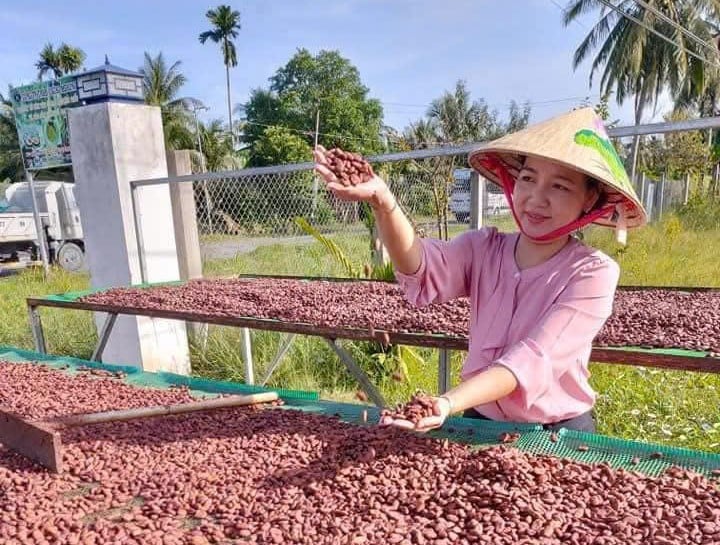
Ms. Doan Thi Tuyet Nhung said that raw cacao is in high demand. Photo: Minh Dam.
According to Ms. Doan Thi Tuyet Nhung, Deputy Director of Mekong Cocoa Co., Ltd. (headquartered in Tra Noc Hamlet, Song Loc Commune, Chau Thanh District, Tra Vinh Province), the high global demand combined with a low supply has caused cocoa prices to rise sharply. Additionally, Vietnam offers a source of clean cocoa, which international customers highly favor.
"Not only have businesses recognized the potential of this crop, but the local government in Tra Vinh has also implemented experimental planting models, which have yielded quite positive results. As a result, they are encouraging farmers to expand their cocoa cultivation areas", shared Ms. Doan Thi Tuyet Nhung.
In the Mekong Delta, cocoa is considered a crop that adapts well to saltwater intrusion, making it suitable for the region. It is widely grown in the provinces of Tien Giang, Ben Tre, Tra Vinh, Vinh Long, and Soc Trang. There are two common models for cocoa cultivation: monoculture and intercropping with coconut trees. Many businesses have established partnerships with local farmers to develop certified raw material areas that meet international export standards.
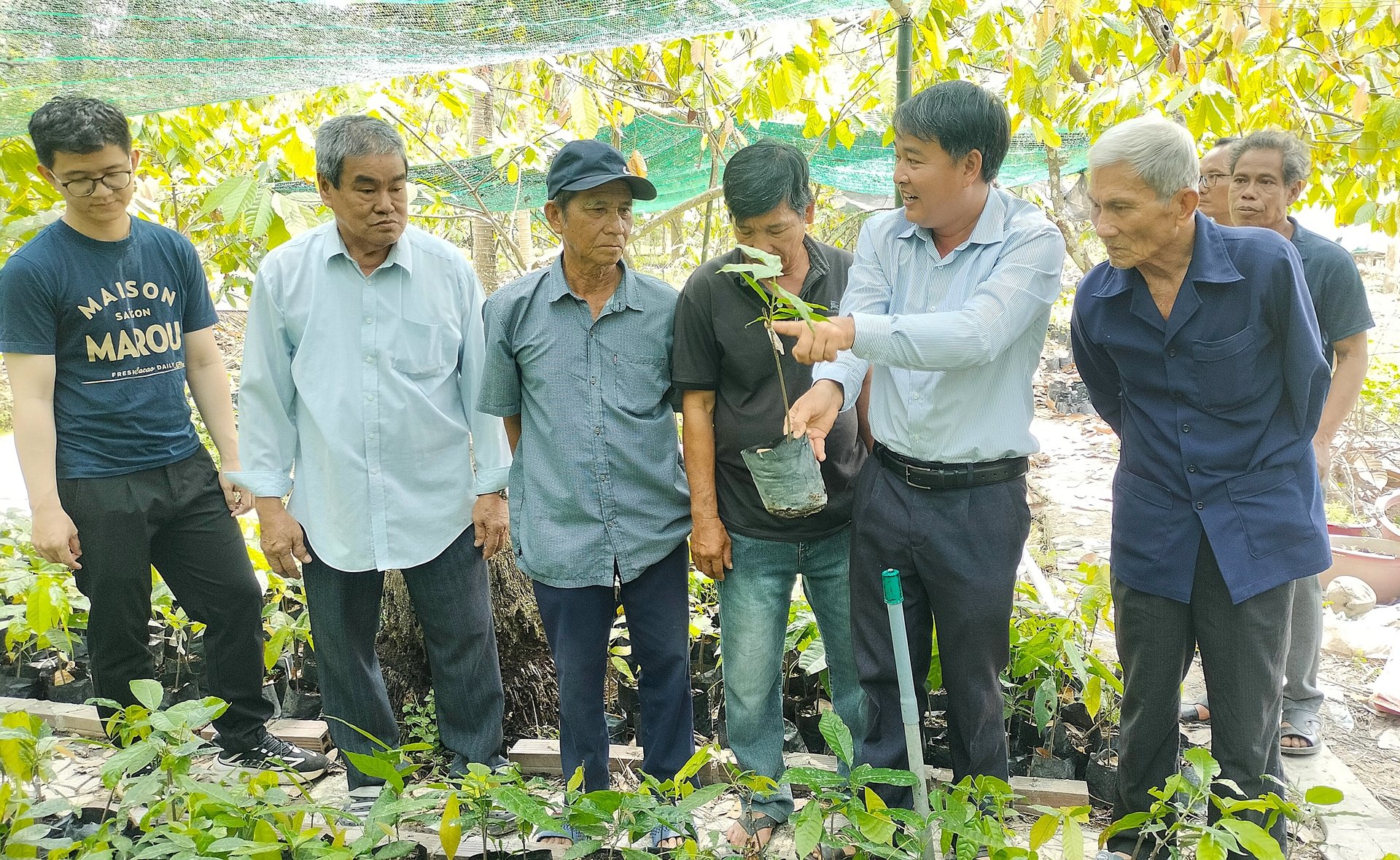
Farmers visit the seedling nursery of Tich Khanh Agricultural Cooperative. Photo: Minh Dam.
At the Tich Khanh Agricultural Cooperative in Tra On Town, Tra On District, Vinh Long Province, cocoa growers are having a particularly successful year. To meet the growing demand for cocoa beans from businesses, the cooperative decided to expand its cultivation area. In 2024, the cooperative supplied 4,533 cocoa seedlings to 40 new households in the communes of Tich Thien and Tan My (Tra On District, Vinh Long Province) and extended its reach to the An Phu Tan Commune (Cau Ke District, Tra Vinh Province). As of now, the cooperative’s cocoa cultivation area has expanded to 253.5 hectares, involving 260 participating households, with an average yield of 11 tons per hectare.
Mr. Nguyen Van Suoi, the cooperative’s representative, shared, "The cooperative has recognized the significant export value of cocoa. It’s not only a crop that helps alleviate poverty but also offers high economic returns for local farmers. Over the past years, the Board of Directors has worked diligently to find businesses to help our farmers sell their products. Currently, we’ve signed contracts for purchasing fertilizers and pesticides with VolVo Company and have secured sales agreements with companies such as Lam Tung, RumPlay, and Marou. In 2025, the cooperative aims to plant more than 10,000 new cocoa trees to further expand the area".
Mr. Ha Quang Nhat, the technical advisor from Marou Co., Ltd., also commented, "Not only is Marou a key business partner, but for the farmers who lack the expertise to grow cocoa, our company organizes workshops and invites experienced experts to provide hands-on training and guidance to them".
"Maru’s product standards are extremely stringent because our products are not only sold in the domestic market but are also exported internationally. Therefore, the quality must be exceptional, and there can be no pesticide residues", Mr. Nhat added.
In recent years, despite challenges posed by saltwater intrusion and fluctuations in market prices, cocoa cultivation in the Mekong Delta has been rapidly expanding, showcasing the crop’s resilience and the significant economic benefits it offers to farmers. Cocoa is proving to be a promising crop for this region and holds great potential for poverty reduction.
$ 1 = VND 25.825 - Source: Vietcombank.
Translated by Phuong Linh
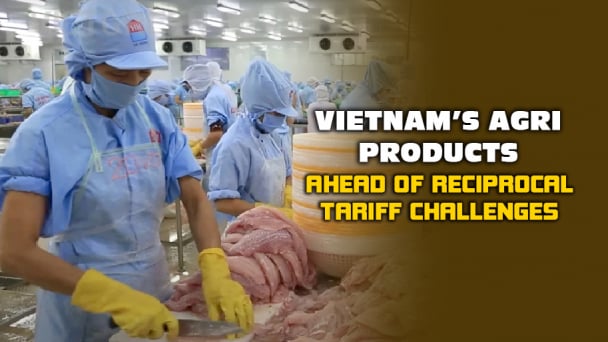
(VAN) Reciprocal tariffs are exerting pressure on U.S. exports, prompting Vietnamese firms to shift their focus to Muslim markets, Thailand, and Brazil.
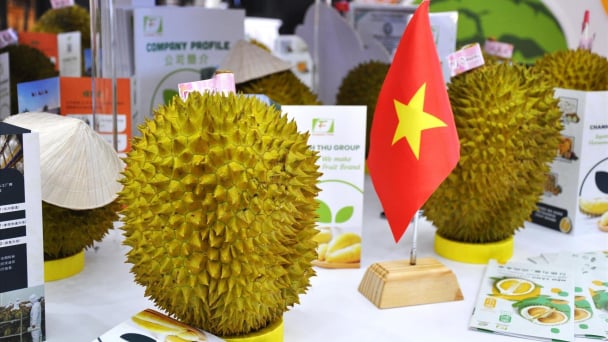
(VAN) A free booth for two years at Xinfadi, Beijing's largest wholesale market, will be allocated to Vietnam's agricultural products.
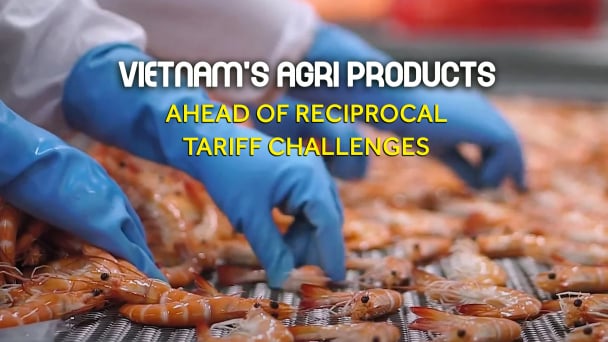
(VAN) Vietnamese shrimp exporters are actively looking for alternative markets and accelerating shipments to the United States in response to the pressure of impending reciprocal tariffs. This is occurring during a temporary tariff suspension.

(VAN) The import-export turnover between Vietnam and Singapore rose amid a trade rebound, with machinery, electrical equipment, and fuels making up the majority of the transaction value.

(VAN) Director General of the General Administration of Customs of China, Ms. Sun Mai Jun, has pledged to implement measures that will ease the import process for Vietnamese agricultural products.

(VAN) Although Vietnam is still increasing its coffee exports, the industry is currently in the process of determining market strategies in response to the U.S. imposition of reciprocal tariffs.

(VAN) With rising demand in Muslim-majority countries, Halal certification is becoming a critical passport for Vietnamese agricultural products seeking sustainable market access and consumer trust in the Middle East and Africa.